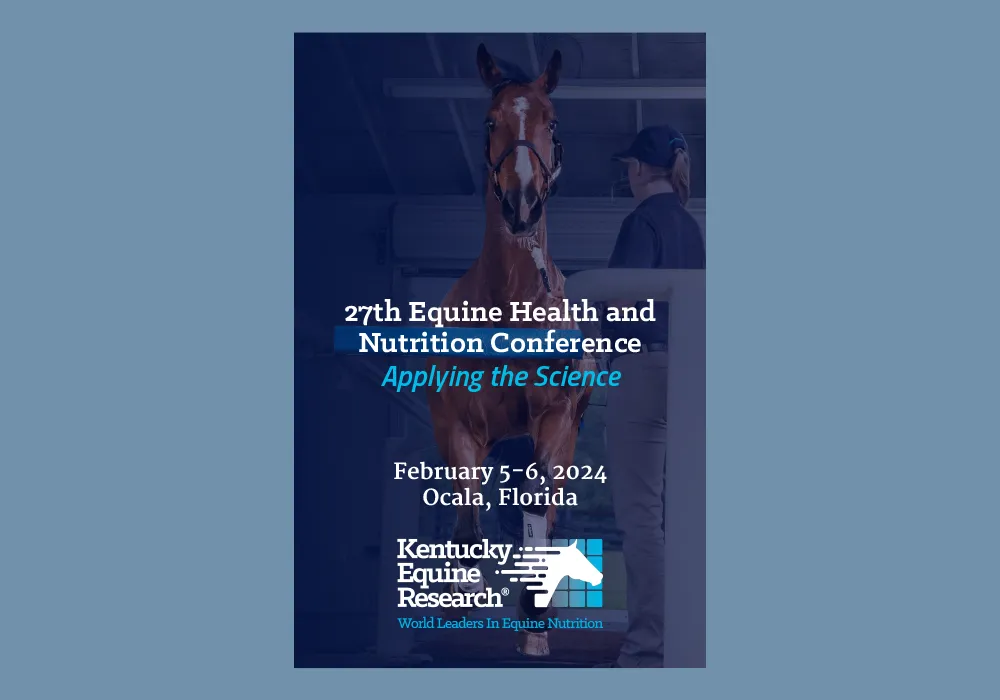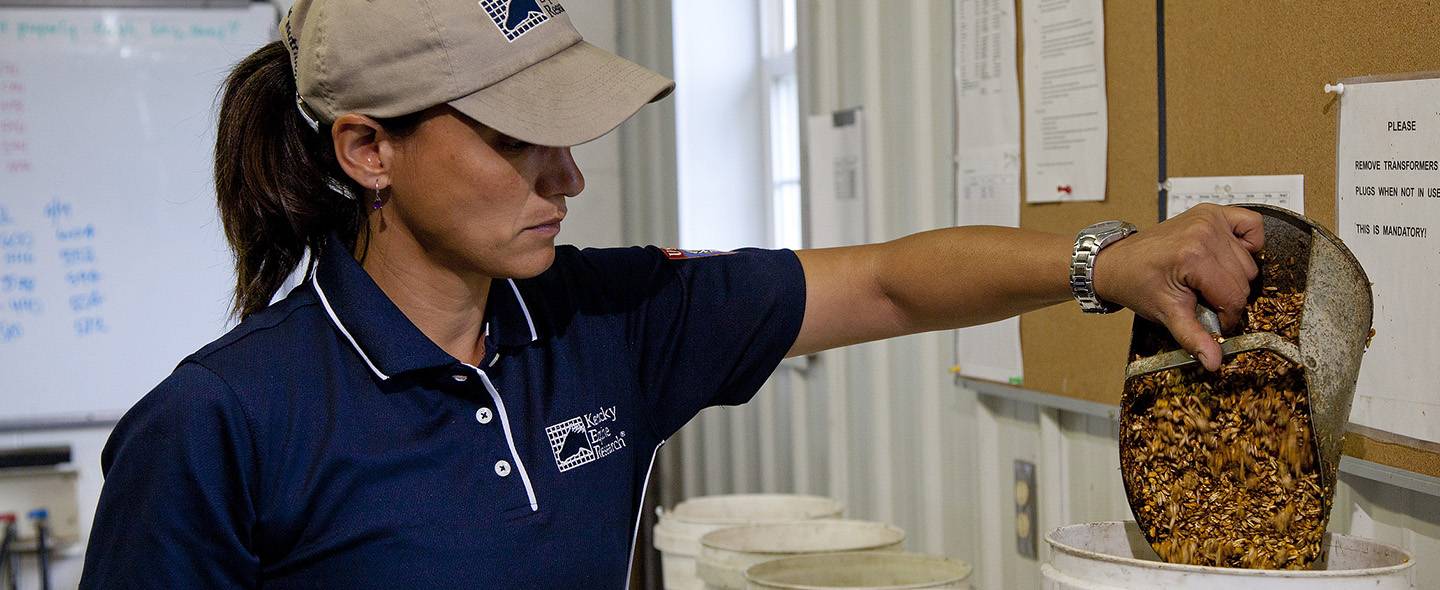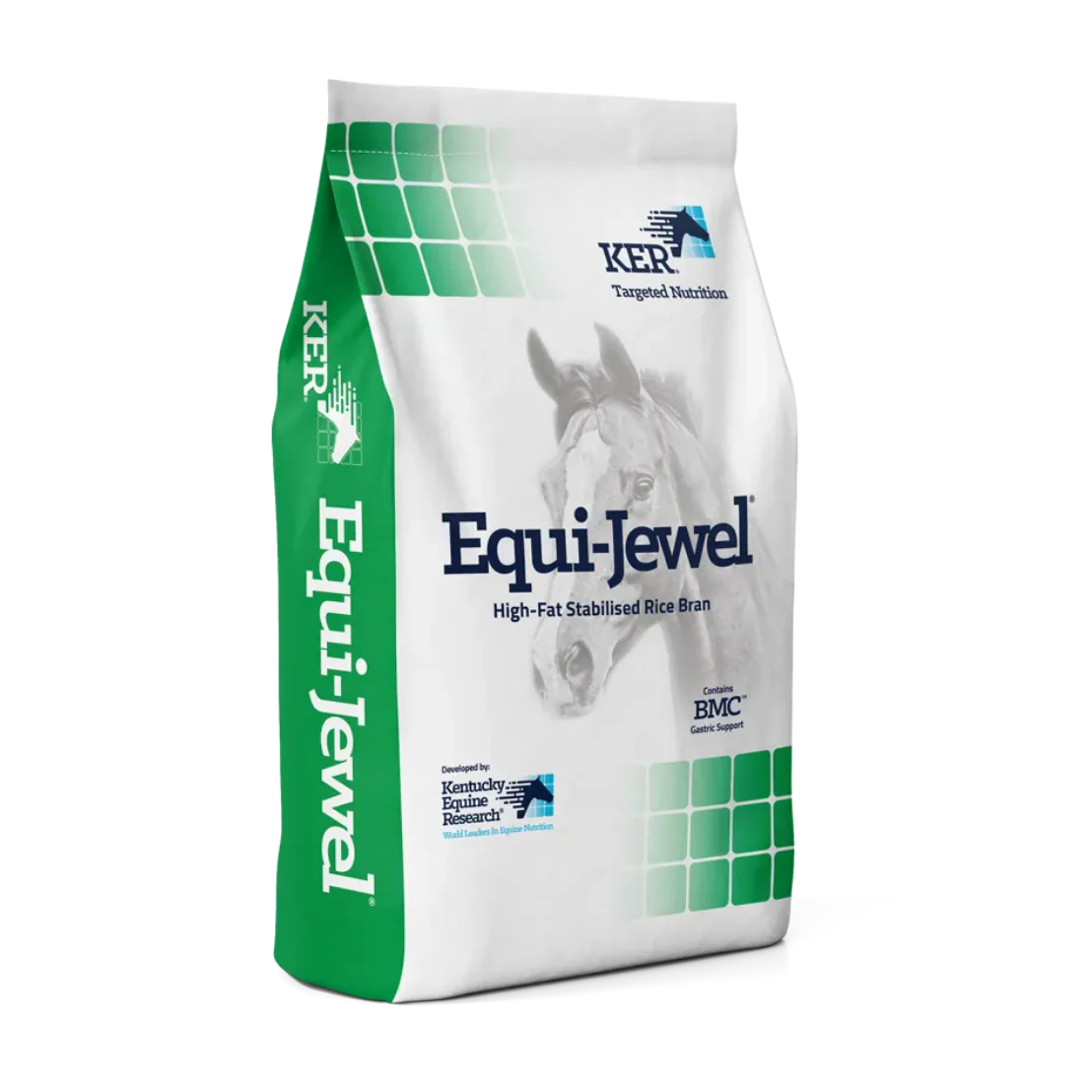SustainAbility
We’re focused on the future and committed to reducing our environmental impact today to help create a better tomorrow.
Through improved efficiencies and sustained growth since 2018, we’ve reduced our emissions by 35% per 1,000 tonnes of feed produced.
Carbon, Energy & Efficiency
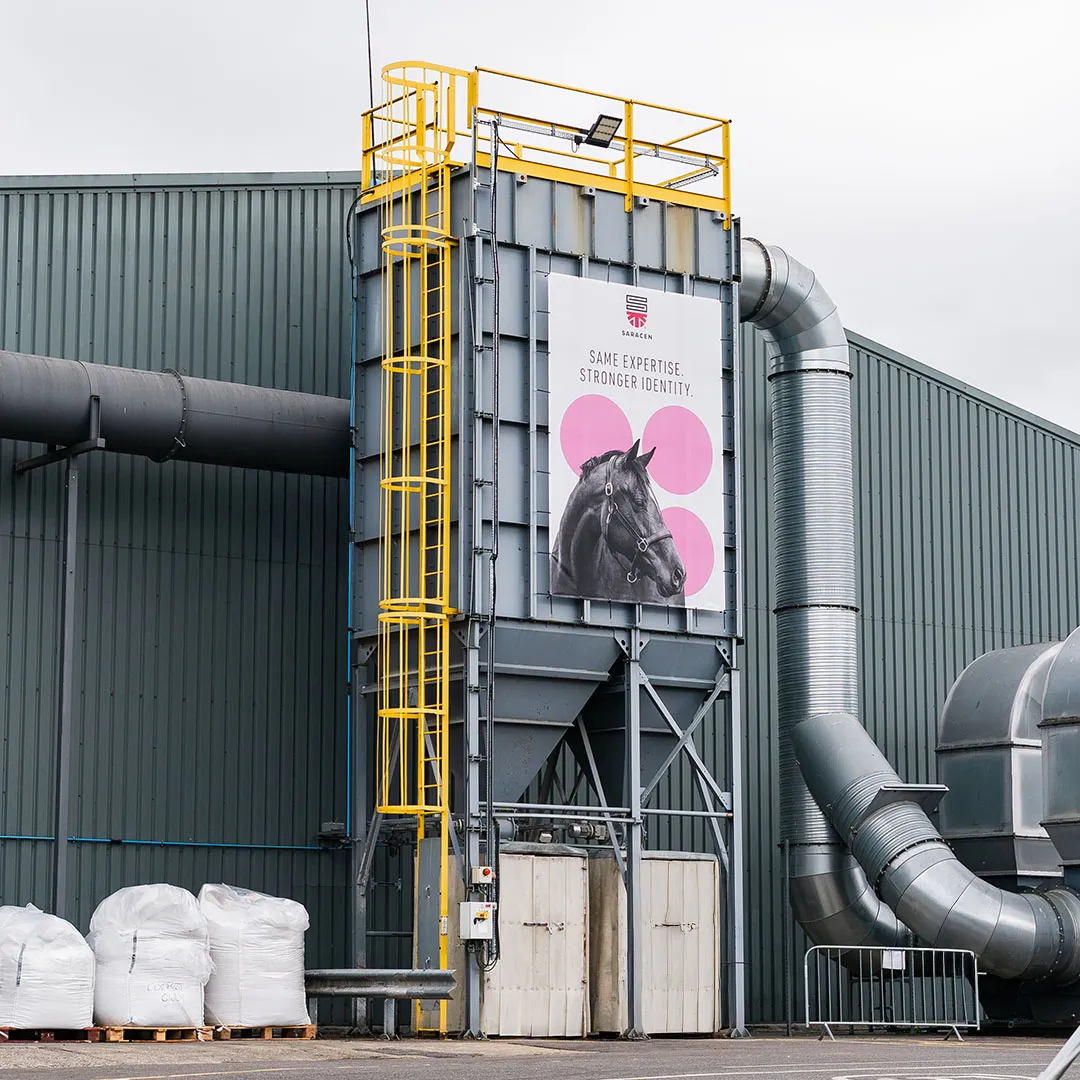
24% reduction in emissions since baseline.
100% renewable electricity (wind, solar, hydro, biomass).
Upgraded mill machinery and pallet wrapping systems to improve energy efficiency.
In the process of moving to electric forklifts powered by renewable energy.
LED lighting and motion sensors throughout mill and offices using 75% less energy use with bulbs lasting 25 x longer.
Waste & Packaging
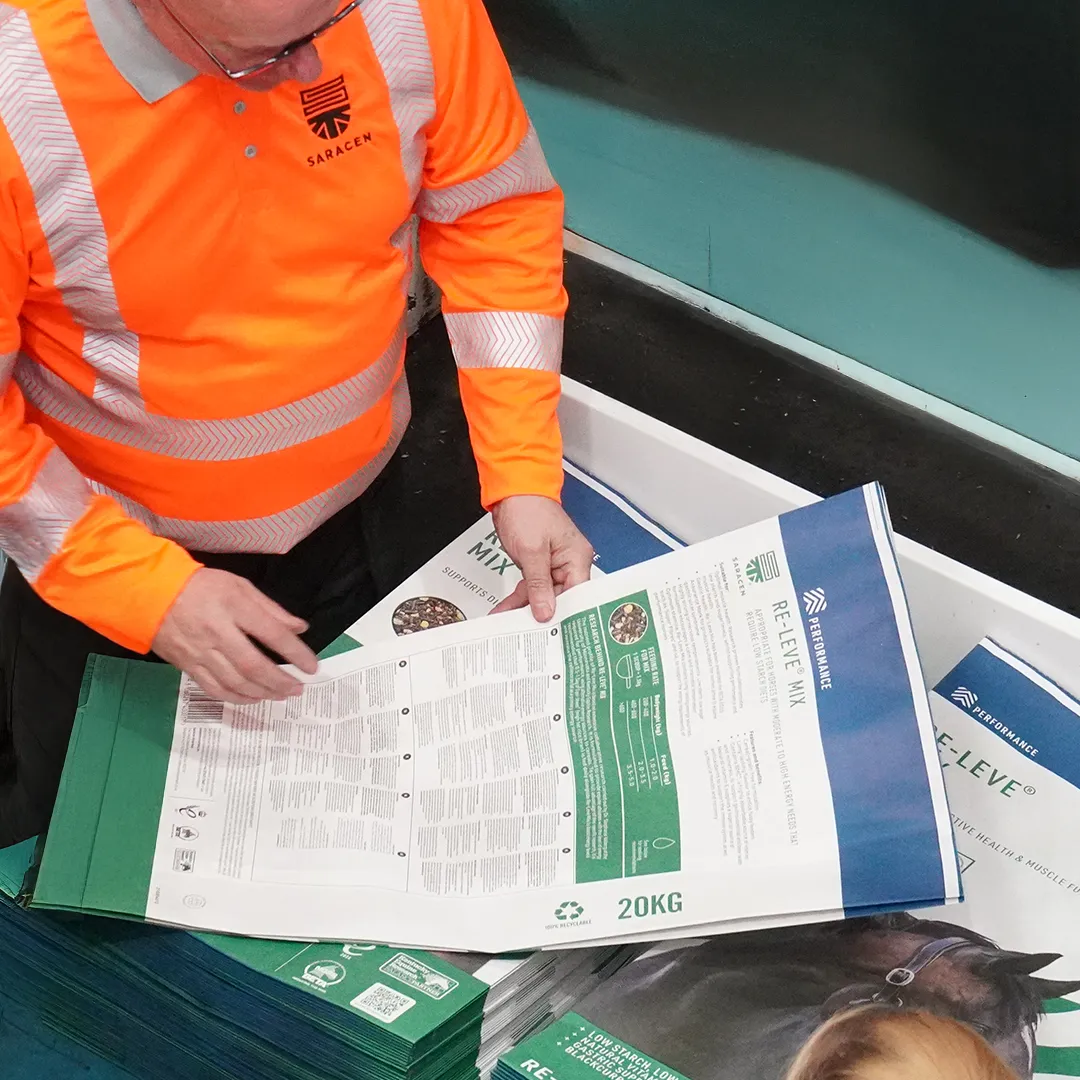
Long-standing zero-to-landfill waste management for nearly a decade.
94.1% of waste recycled or repurposed (including feed by-products reused as animal feed).
100% recyclable paper sacks including oil-resistant liners.
Sourcing & Supply Chain
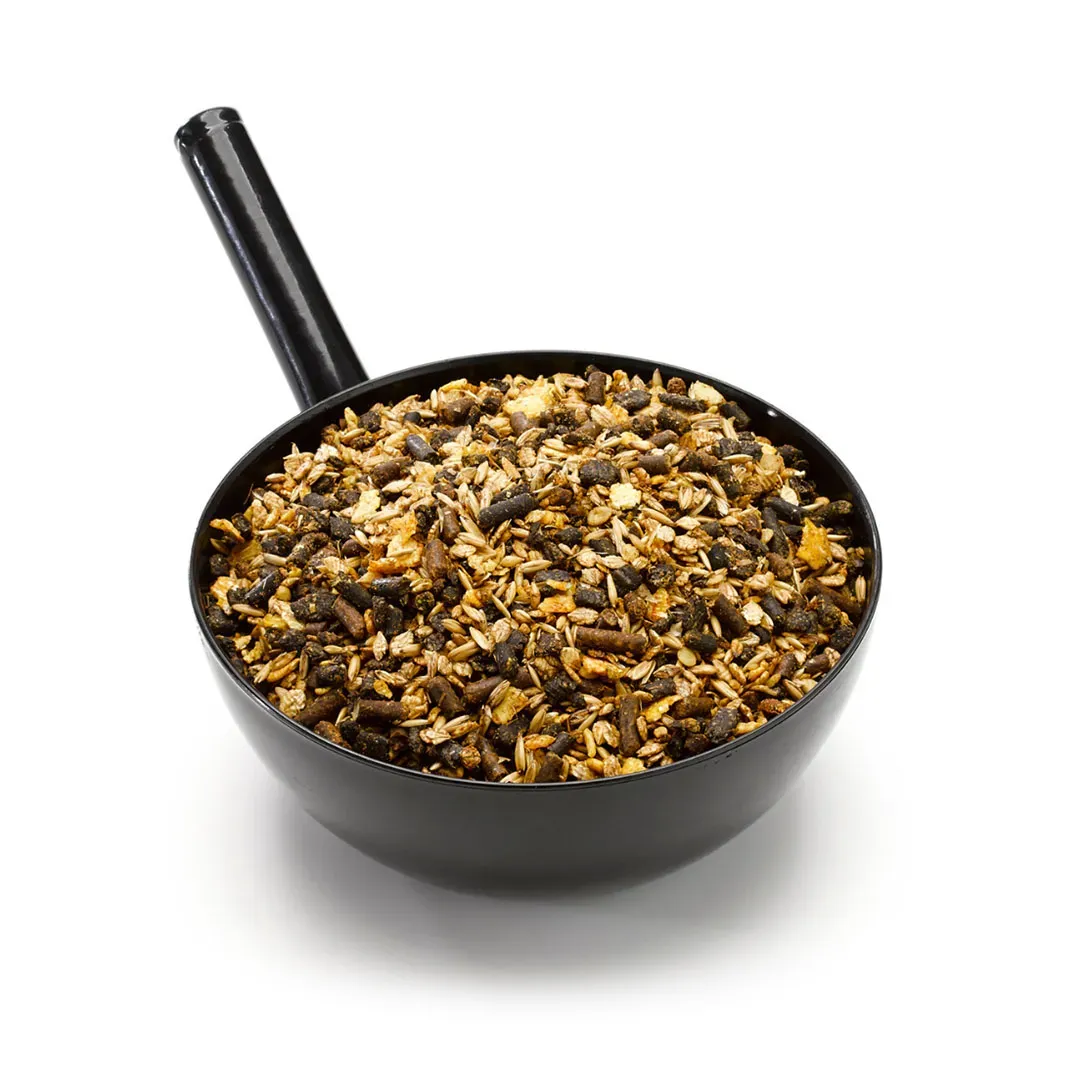
72% of raw material ingredients sourced from UK and 21% from Europe, 7% other regions (Deforestation Free Certified).
Ongoing collaboration with suppliers on environmental performance and sustainable farming our initial focus is to gather data on suppliers’ environmental commitments.
COMMUNITY
We want to be a company that thrives in taking care of one another and the planet on which we depend.
We are not just a feed manufacturer and distributor, we are part of a community of local businesses, national feed manufacturers and global equestrians, horse owners and breeders, who each want to be part of a positive, healthy and sustainable future.

We’re focused on the future and committed to reducing our environmental impact today to help create a better tomorrow.
Our focus on sustainability drives real change — cutting impact across carbon, resources, waste, and water, and supporting biodiversity and our community. Since 2018, emissions have fallen by 35% per 1,000 tonnes of feed produced.
